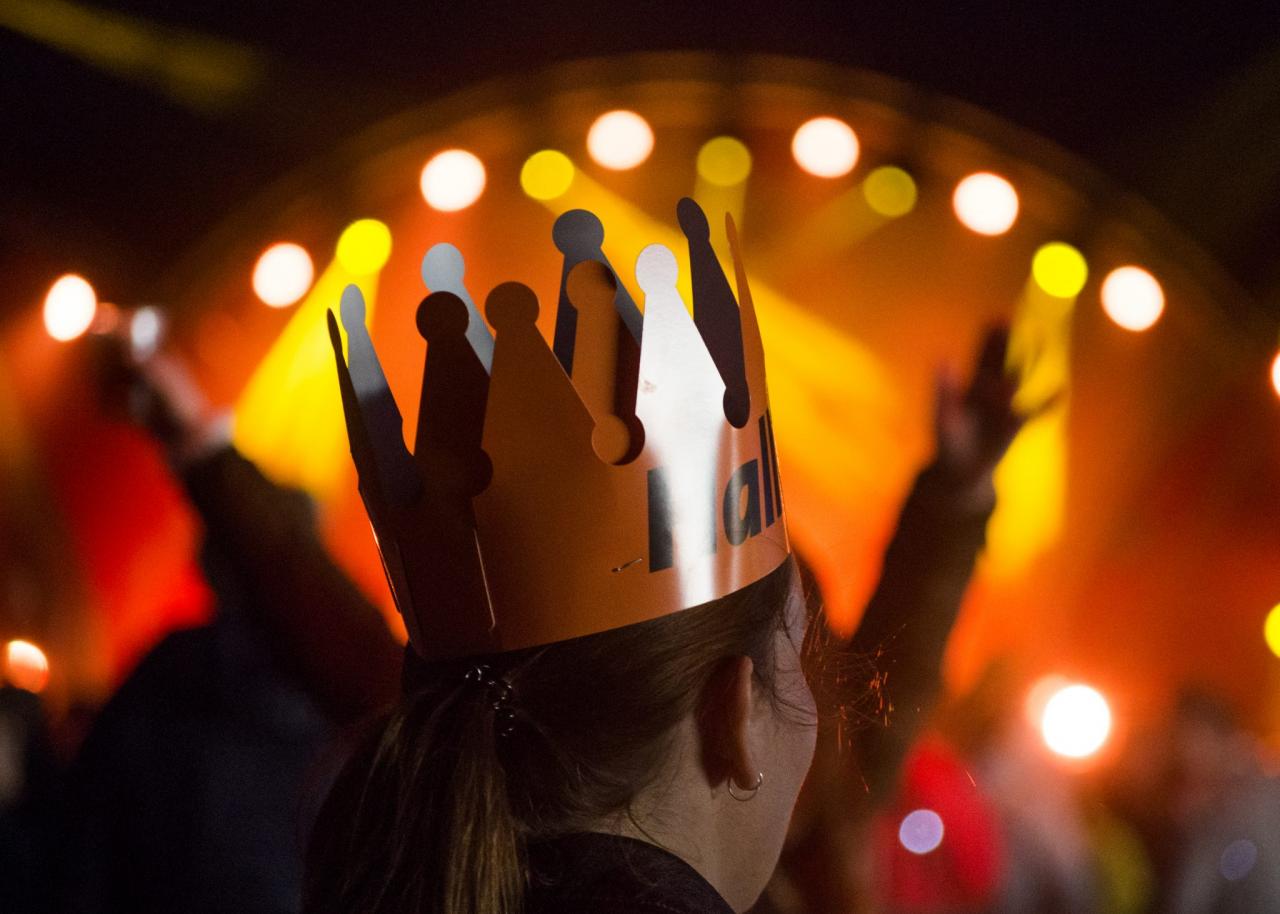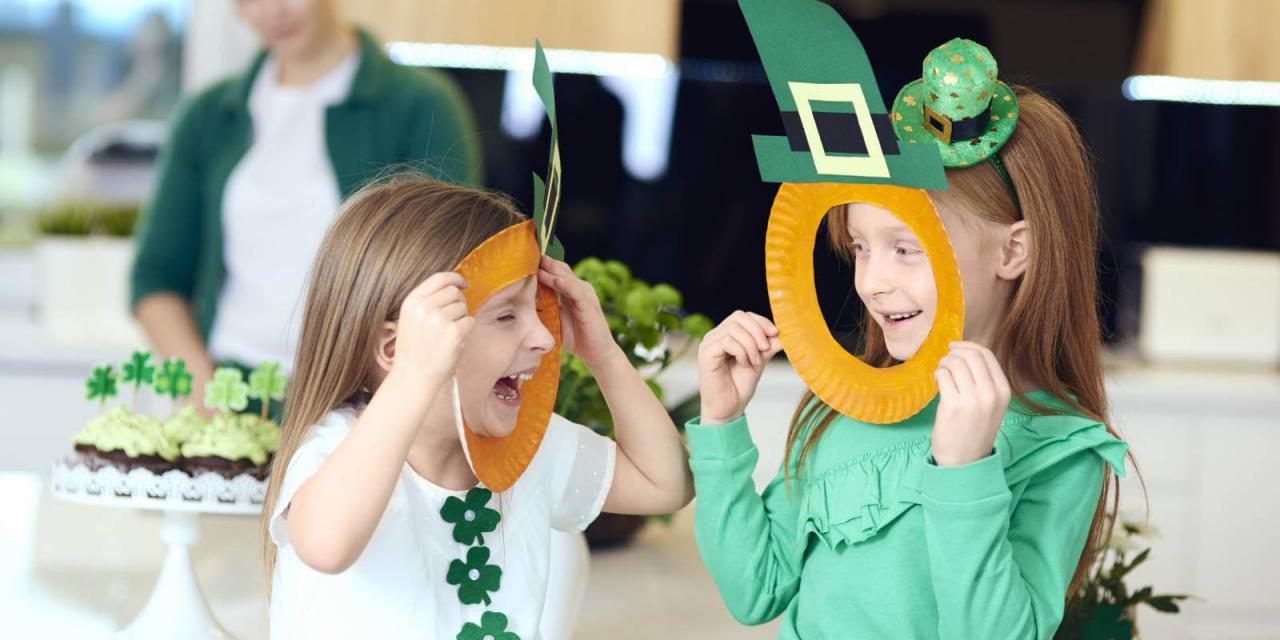
Kingsday, a beloved annual event in the Netherlands, is a vibrant tapestry of tradition, festivity, and national pride. With its origins steeped in Dutch monarchy and cultural heritage, this day transforms the country into a kaleidoscope of orange-clad revelers and bustling street parties.
Beyond its festive facade, Kingsday holds deep social and cultural significance, fostering a sense of community and unity among the Dutch people. It is a day to celebrate their shared history, embrace their national identity, and showcase the vibrant spirit of their nation.
History and Origins of Kingsday

Kingsday, formerly known as Queen’s Day, is a national holiday in the Netherlands celebrated on April 27th, the birthday of King Willem-Alexander. It marks the anniversary of the accession to the throne of Queen Wilhelmina in 1890, and later Queen Juliana in 1948 and Queen Beatrix in 1980. In 2013, when Willem-Alexander became king, the name of the holiday was changed to Kingsday.
The celebration of Kingsday has deep roots in Dutch history and culture. It is a day when the Dutch people come together to celebrate their monarchy and national identity.
Traditions and Customs
Kingsday is a day of festivities and traditions. The most common tradition is to wear orange clothing, the color of the Dutch royal family. People also set up flea markets where they can sell their used goods.
Another popular tradition is to participate in street parties. These parties are often held in the evening and feature live music, dancing, and food.
Economic Impact
Kingsday has a significant economic impact on the Netherlands. The holiday generates billions of euros in revenue for the tourism, retail, and hospitality industries.
Many businesses offer special promotions and discounts on Kingsday. This encourages people to spend money on goods and services, which helps to boost the economy.
Social and Cultural Significance
Beyond its economic impact, Kingsday also has a significant social and cultural significance. It is a day when the Dutch people come together to celebrate their national identity.
The holiday fosters a sense of community and pride. It also helps to promote unity and inclusivity.
Environmental Considerations, Kingsday
Kingsday can have a negative impact on the environment. The large number of people who attend the festivities can generate a lot of waste and noise pollution.
In recent years, there have been efforts to make Kingsday more sustainable. These efforts include increasing recycling and composting, and using public transportation to reduce traffic congestion.
Global Influence and Adaptations
Kingsday is not only celebrated in the Netherlands. It is also celebrated in other countries with a Dutch heritage, such as Aruba, Curaçao, and Suriname.
In some countries, Kingsday has been adapted to fit the local culture. For example, in Aruba, the holiday is known as Dia di Rey and is celebrated with a carnival.
Future of Kingsday
Kingsday is a beloved tradition in the Netherlands. It is likely that the holiday will continue to be celebrated for many years to come.
However, it is possible that Kingsday will change in the future. As technology and society evolve, the way that people celebrate the holiday may also change.
End of Discussion: Kingsday

As the future unfolds, Kingsday will undoubtedly continue to evolve, reflecting the changing societal values and technological advancements of the time. Yet, its core essence – a celebration of Dutch culture, history, and unity – will likely remain its unwavering foundation.
Whether it is through innovative technological integrations or the adoption of more sustainable practices, the future of Kingsday promises to be as vibrant and captivating as its storied past.
Commonly Asked Questions
When is Kingsday celebrated?
Kingsday is celebrated on April 27th, the birthday of King Willem-Alexander.
What is the significance of the color orange on Kingsday?
Orange is the color of the Dutch royal family, the House of Orange-Nassau.
What are some of the traditional activities associated with Kingsday?
Traditional activities include flea markets, street parties, and wearing orange clothing.
